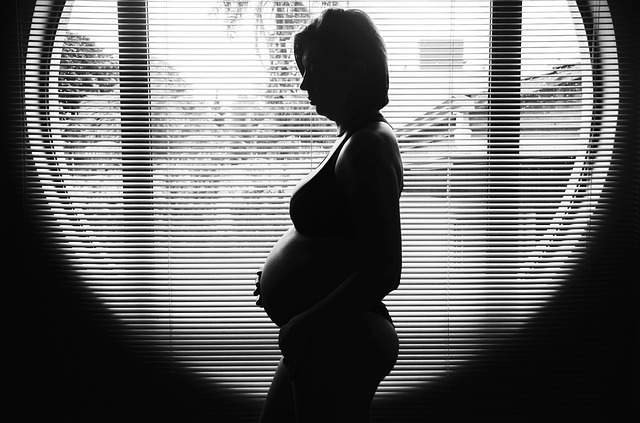Thailand might begin testing all pregnant women for Zika, the country’s health ministry announced, following reports of its first known microcephaly cases linked to the virus. Microcephaly is a condition in newborns characterized by small head size, leading to stunted development and brain damage in infants. Experts believe it occurs in pregnant women who have been infected by the mosquito-borne virus.
Two cases of microcephaly in Thailand were the first to be confirmed in Southeast Asia since the outbreak began in the region, after spreading in the Americas, Reuters reports.
Sophon Mekthon, Health Ministry Permanent Secretary, said,
The health minister has asked us to study whether this is necessary and cost-effective.
The government is considering administering free tests for pregnant women.
Each Zika test costs 2,000 baht ($58), but follow-up and repeat tests are often needed. Mekthon added, “At the moment, we check pregnant women in Zika-affected areas only, not all pregnant women. So far, we’ve tested about 1,000 pregnant women.”
Authorities first noticed the association between Zika and microcephaly in Brazil last year, where there have been 1,800 cases of the condition to date.
In Southeast Asia, Thailand has confirmed 392 cases since the year started, including 39 pregnant women. Singapore has tallied 393 Zika cases, including 16 pregnant women. The Philippines, Malaysia, Indonesia and Vietnam have all reported at least one Zika case.
The US Centers for Disease Control and Prevention has issued a travel warning for Singapore and has urged all Americans to postpone travel to Brunei, East Timor, Cambodia, Indonesia, Laos, Malaysia, The Maldives, Myanmar (Burma), Thailand and Vietnam.
Some international bodies have accused Thailand, which depends on tourism for much of its income, of downplaying Zika and its risks. Thai officials have dismissed the statements, pointing out that other countries in the region might not have disclosed their full microcephaly and Zika numbers.
Southeast Asian authorities say that they have increased monitoring efforts, though they admit that there has been little testing and the actual number of confirmed cases might be much higher than previously reported.
























